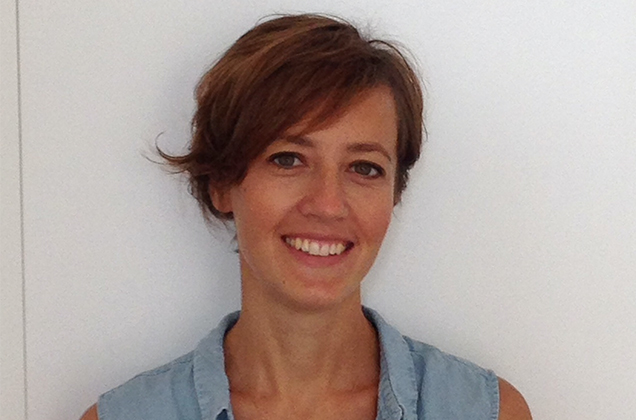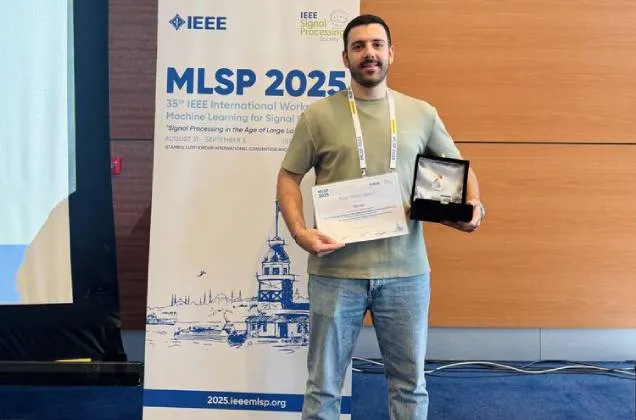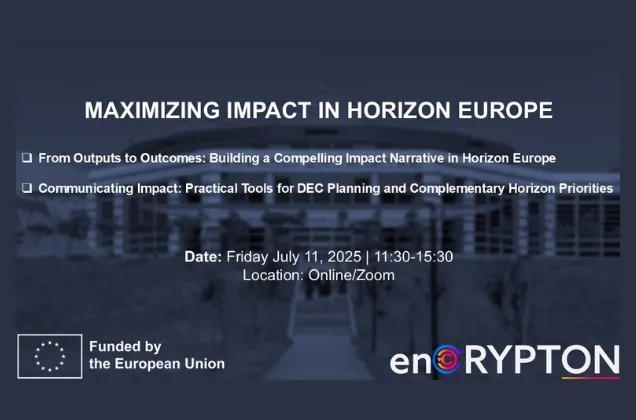13/12/2020
Kristen Sarah Biehl Öztuzcu, a researcher at the Faculty of Arts and Social Sciences (FASS), was found eligible for funding under the “Raoul Wallenberg Institute (RWI) Human Rights Research Grant Programme.”

The main goal of the “Raoul Wallenberg Institute (RWI) Human Rights Research Grant Programme”, which Kristen Sarah Biehl Öztuzcu is to be funded with her project entitled “Migration, environment, and gender in Turkey”, is to support human rights education and research in Turkey.
The programme in question also aims to provide support to increase the number of academic studies and publications in Turkey on human rights and current humanitarian law and to encourage young academics to do research on current human rights issues in Turkey and provide them with common study areas.
Kristen Sarah Biehl Öztuzcu summarized the content of her project entitled “Migration, environment, and gender in Turkey" as follows: “Migration and environment issues continue to be the two most vital issues in the world today. This study aims to discuss these two topics, which are mostly considered independently of each other, on the basis of gender-based phenomena as a common area in which they intersect. We also plan to do this by examining the gender sensitivity and gender approaches of non-governmental organizations that carry out activities related to migration and environment in Turkey. Looking at the literature, it seems that there have been many studies on gender relations with a focus on subjects directly affected by both migration movements and environmental disasters. However, the number of studies that investigate the ways in which gender sensitivity is reflected in activities carried out by non-governmental organizations that conduct intensive studies on these issues and function as a driving force in terms of rights advocacy in most societies is quite limited. Moreover, there seems to be no study that deals with these two areas together. Therefore, the primary goal of this study is to look for ways to think together on the axis of feminist politics by investigating gender-based approaches in the field of migration and environmental studies.
This study also aims to build various capacities of Sabancı University through its general design. The study will contribute significantly to improving the research experience of Sabancı University's Gender and Women's Studies Center of Excellence (SU Gender), which has recently tried to include gender-based issues in its agenda in both migration and the environment with various methods. In addition, young academics studying in Sabancı University's Gender Studies Doctoral Programme will play a key role in the implementation of the project, and the project will provide them with career support in terms of implementing the expertise that they are developing. In parallel with this, the project will increase the impact and visibility of efforts made by Sabancı University, SU Gender in particular, to improve widespread societal effects of academic studies in Turkey with issues that it discusses (migration, environment, and gender) and its chosen approach (role of non-governmental organizations in this field).”




